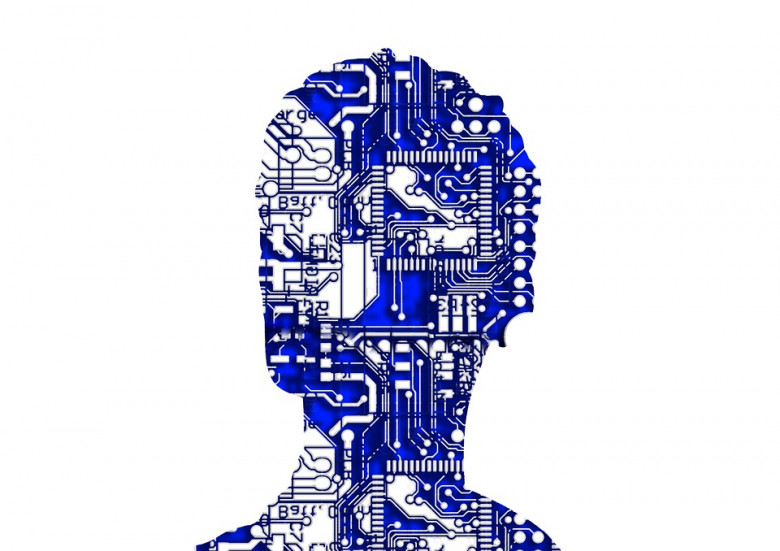OpenAI Is Making Coding As Easy As Talking to a Smart Speaker

A few weeks ago, I went to an office in the Mission District of San Francisco to get an advance peek at a computer program that promises to disrupt computer programming. I was visiting OpenAI, a company devoted to “artificial general intelligence” (as opposed to humans, who have, at least on good days, non-artificial general intelligence). Their latest creation is called Codex, and it writes computer code, in some instances very well.
I was impressed as OpenAI CTO Greg Brockman and his fellow cofounder Wojciech Zaremba, who is a key creator of Codex, took it through its paces in a live demo. They asked Codex to express some text, grab some images, make a web page, and put the page on the internet. Then, employing the casual language one might use in conversation, they built a simple game by grabbing web-based images of helicopters and getting them to fly across the screen and blast enemies. As the game took shape feature by feature, I realized I was viewing a transformation of the famous “flow state” that good coders feel when they get rolling. Until now that flow involved an intense inner dialog. Now it’s more like a conversation with a robot companion.
The simple commands that Codex translates from language to code break no ground on what a computer can do, but ideally it will wash away the painstaking minutes that even an expert coder would expend to get such tasks done. At one point in the demo, OpenAI CEO Sam Altman, who was kibitzing the session, remarked that in his programming days it would have taken him half an hour to do a task Codex accomplished in seconds. Codex—which knows how to use a dozen computer languages, ranging from Python to JavaScript to HTML—figures out on its own which is suited for a given task and sets about churning out clean code.









































































